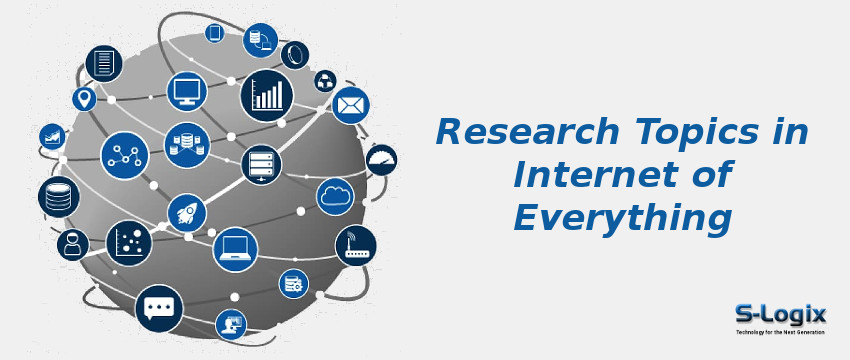Internet of Everything (IoE) is defined as the network connecting everything like physical objects, people, software, data, and process. The IoT highly benefits humans by creating everything online and makes human life very smart. Some examples of IoE are smart home security, connected appliances, smart factory equipment, autonomous forming equipment, wearable healthcare monitoring devices, bio-metric cyber security scanners, and ultra-high-speed wireless Internet. Compared to IoT, several advanced technologies and humans are the end things in IoE.
The IoEs are mainly exploited in smart metering networks, remote monitoring areas, automation-based industries, inventory management, wearable, and healthcare monitoring systems. Moreover, the technological breakthroughs in IoE create the most trending topics and technological innovations in many application areas and ease daily human activities as smart.
The IoE enables all the sensors to be connected to the Internet. Thereby it provides intelligent services and facilitates decision-making. There are some new bricks in the development of IoE. IoE extends the capability of IoT to automated processes. The IoE enriches the lives of people via automated and smart business-and-industrial processes compared to the IoT. Moreover, the protocols developed for IoE should satisfy the following expectations: 1) scalability, 2) coverage, 3) intelligence, and 4) diversity while applying in real-time automated applications.
